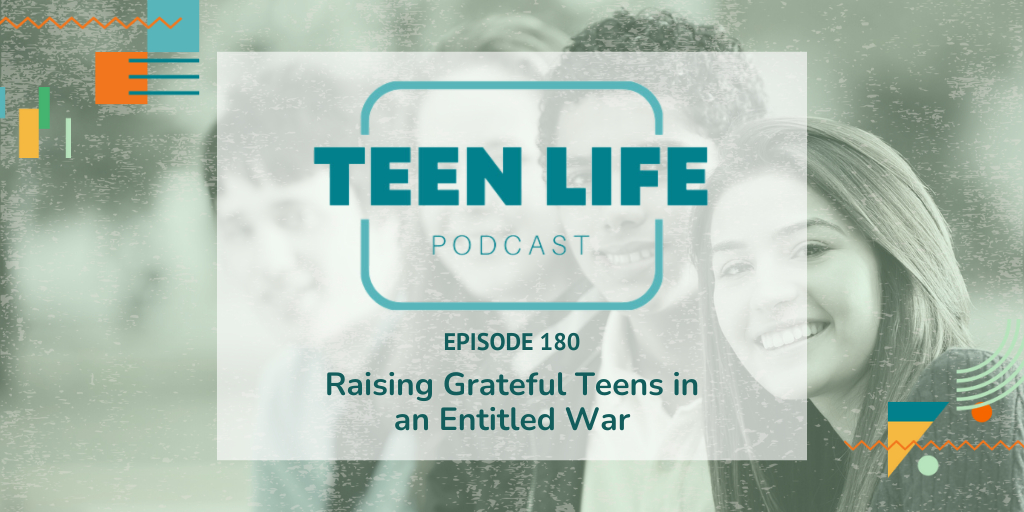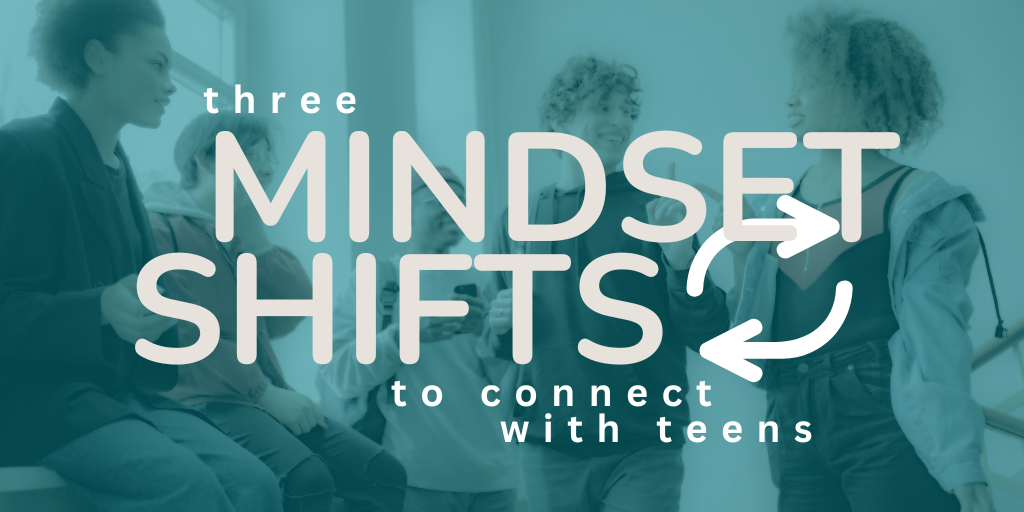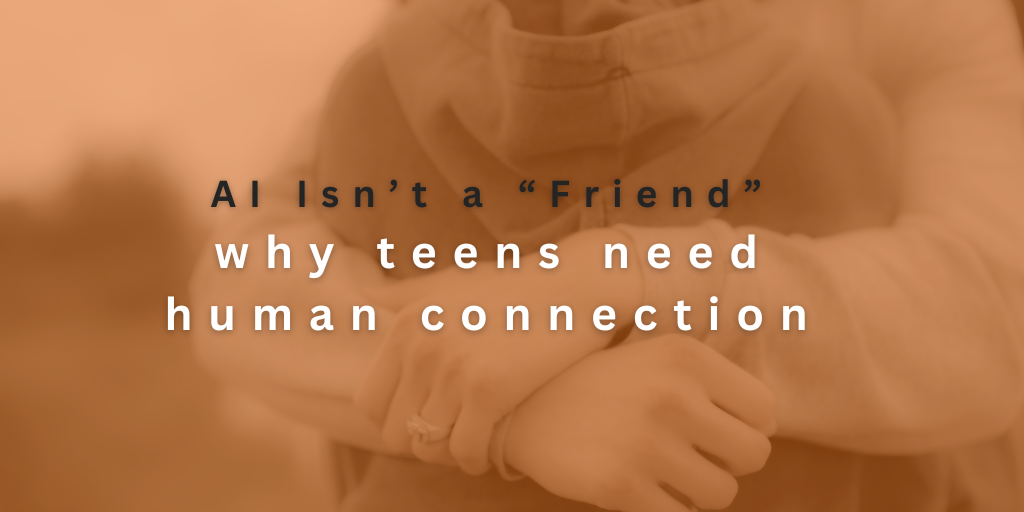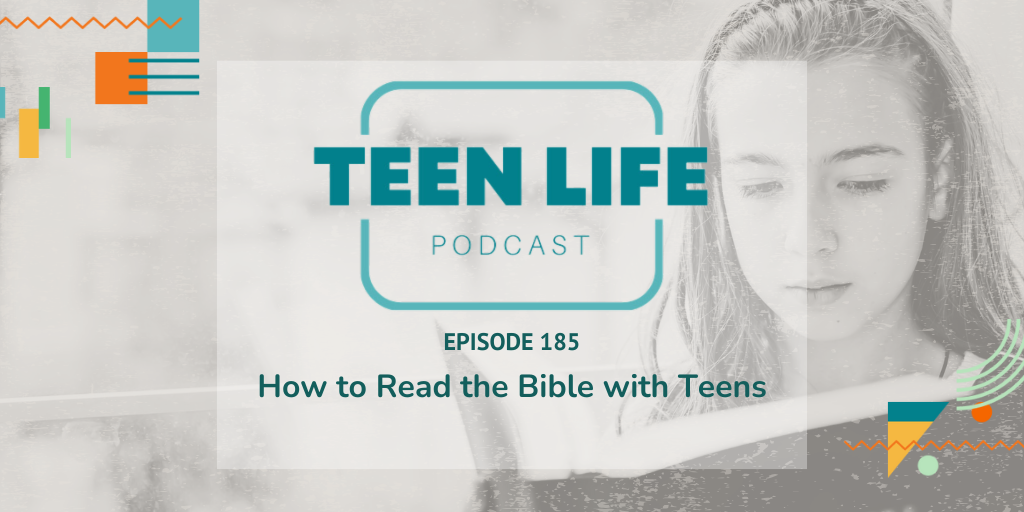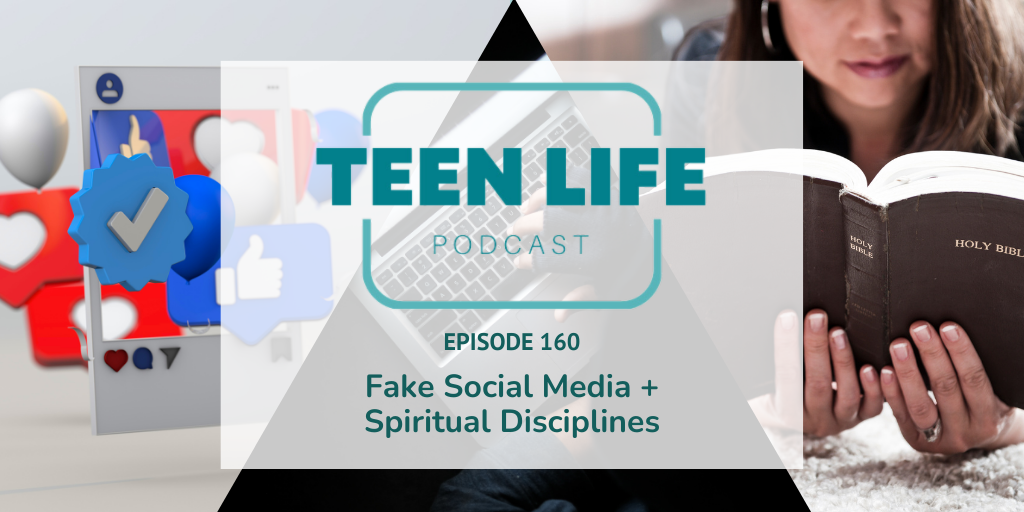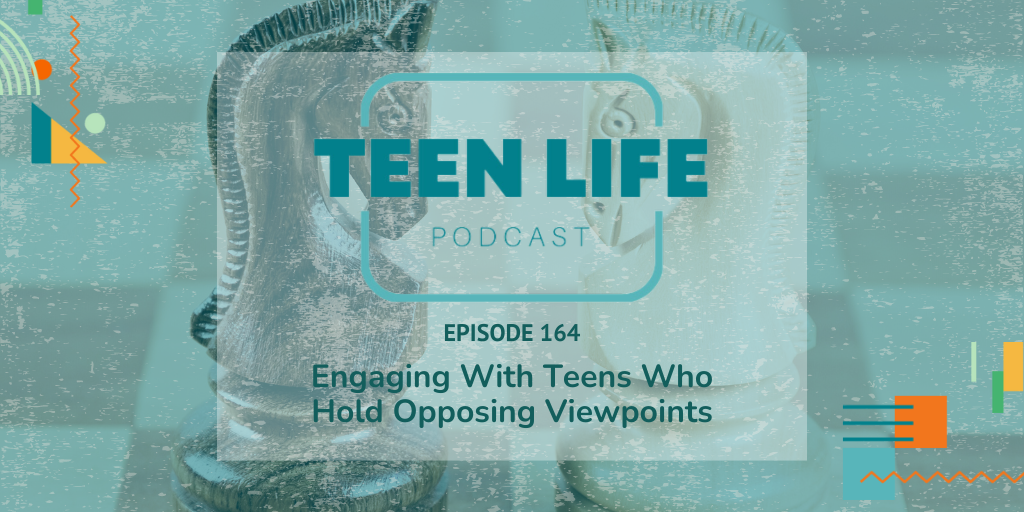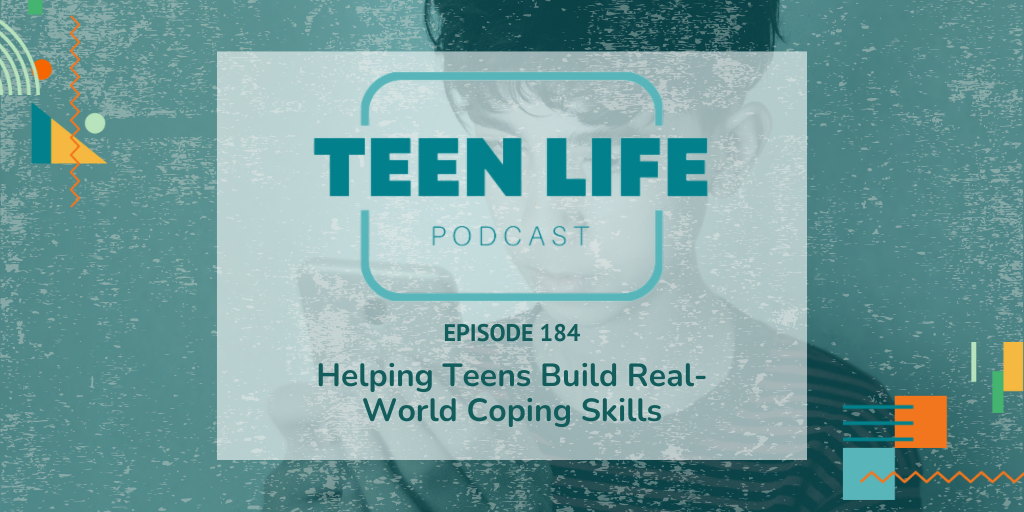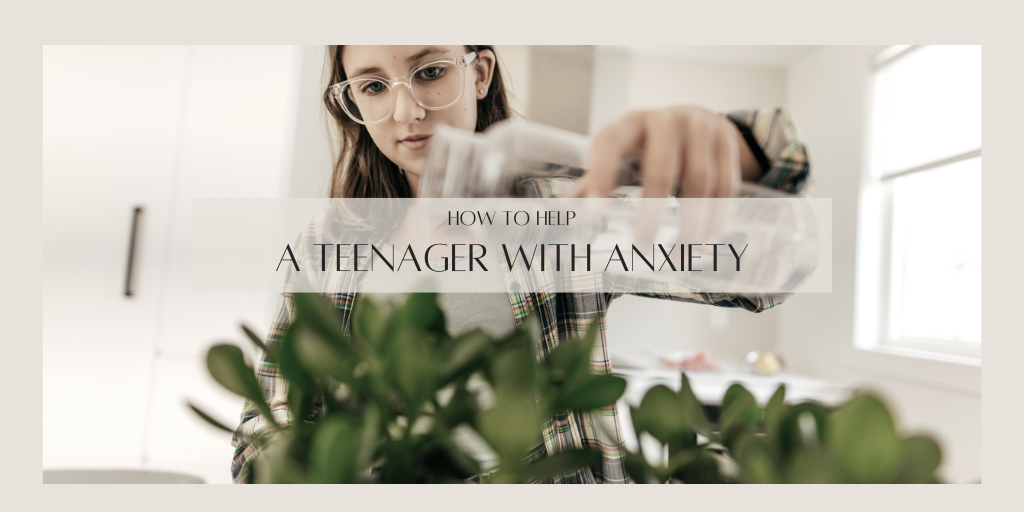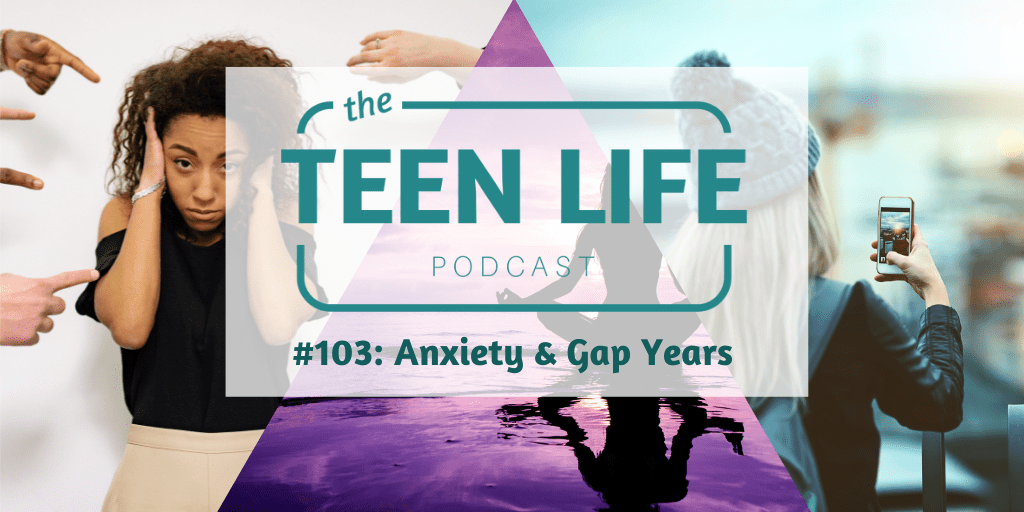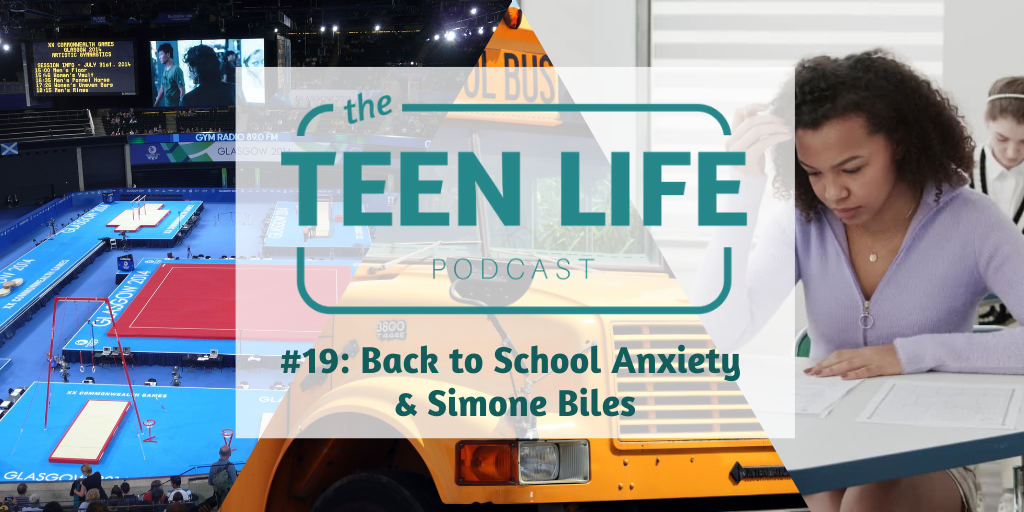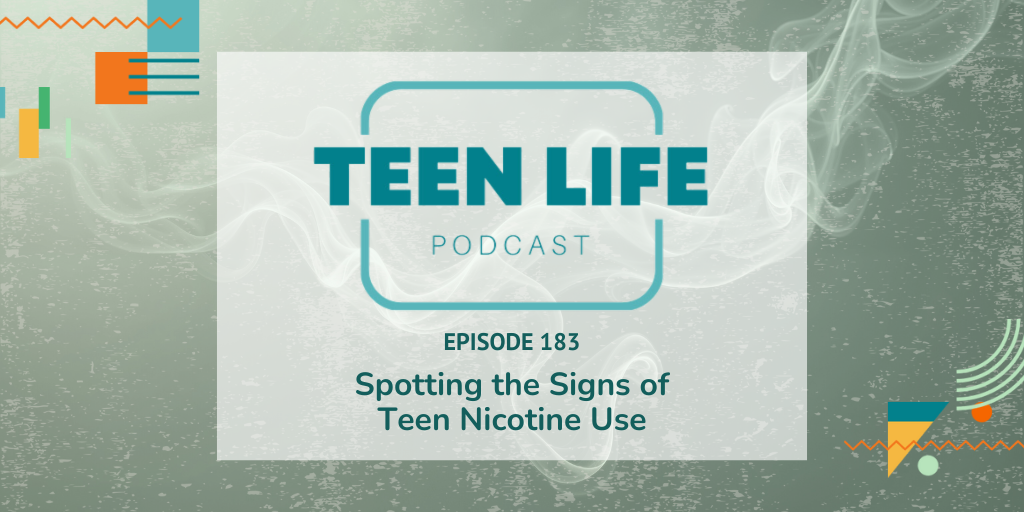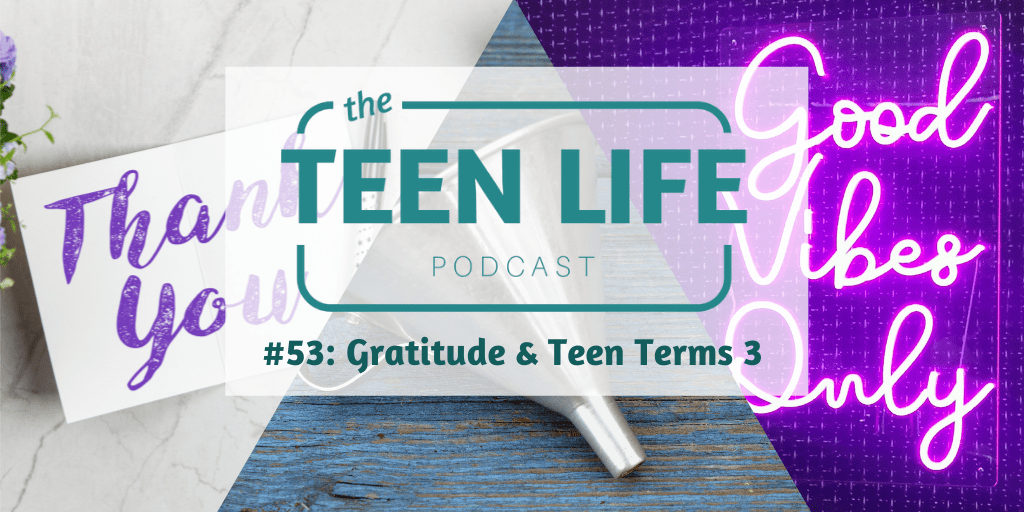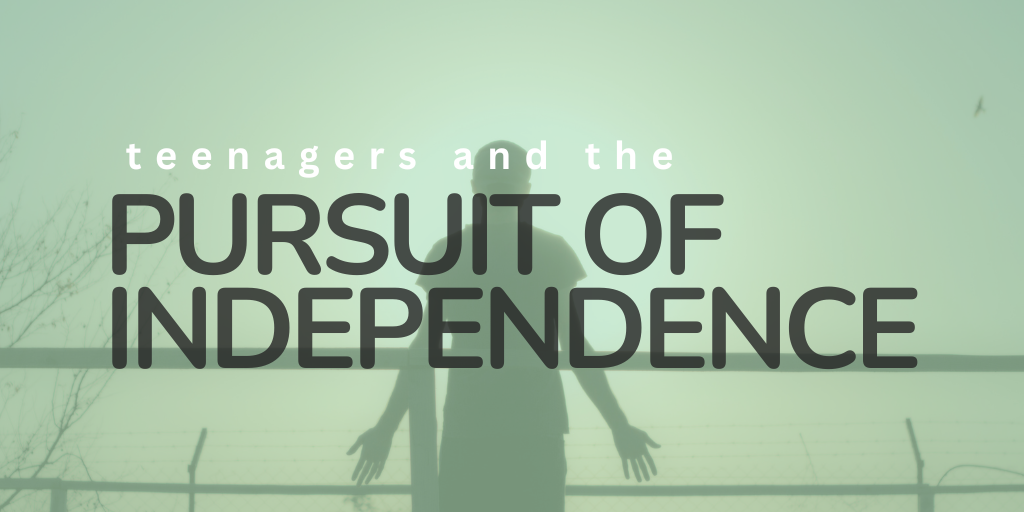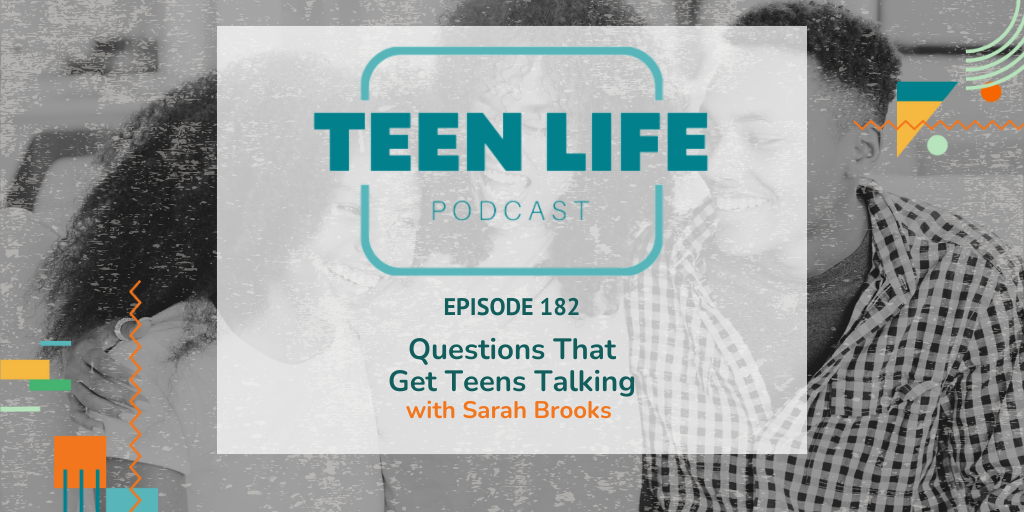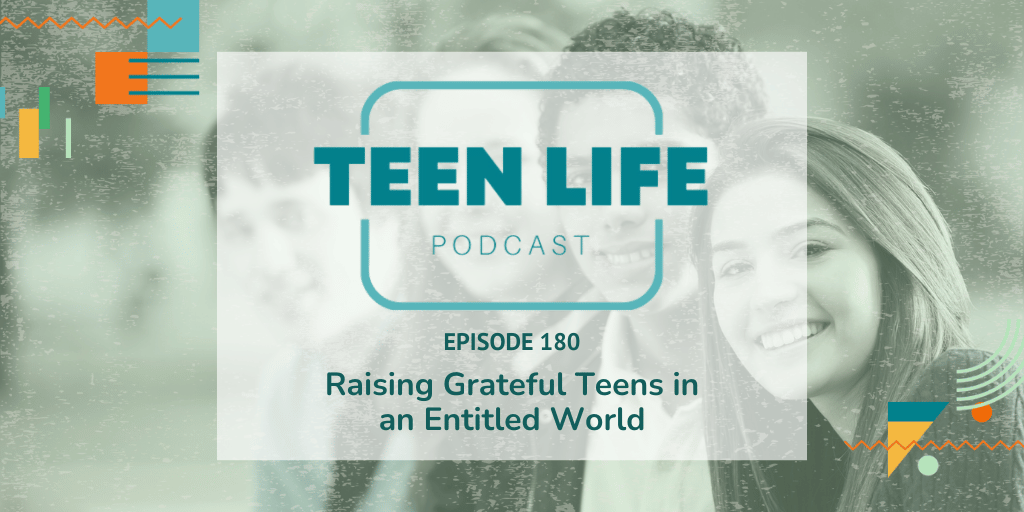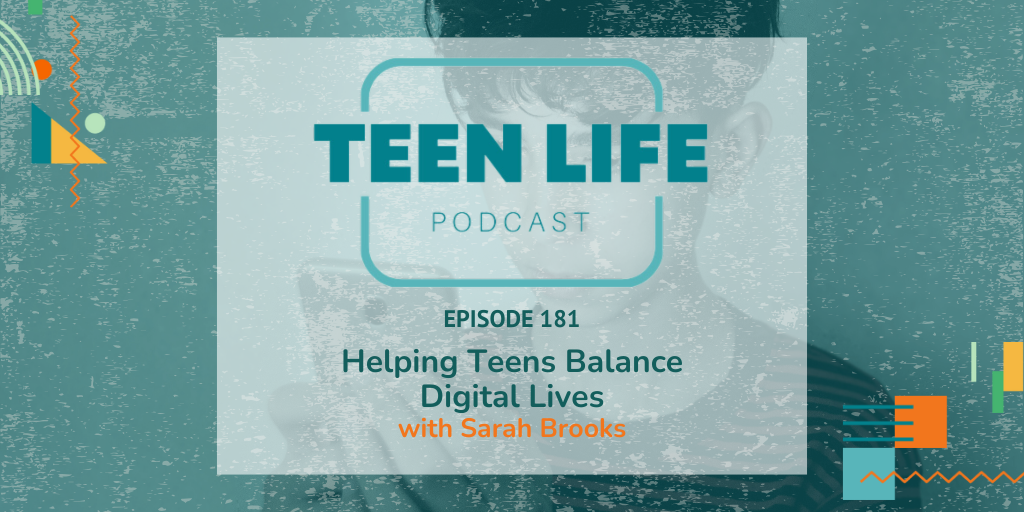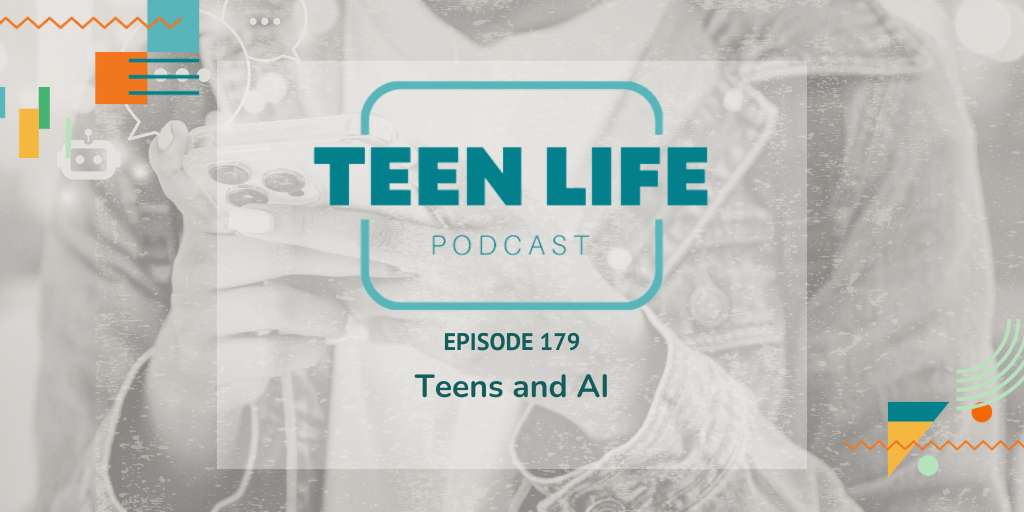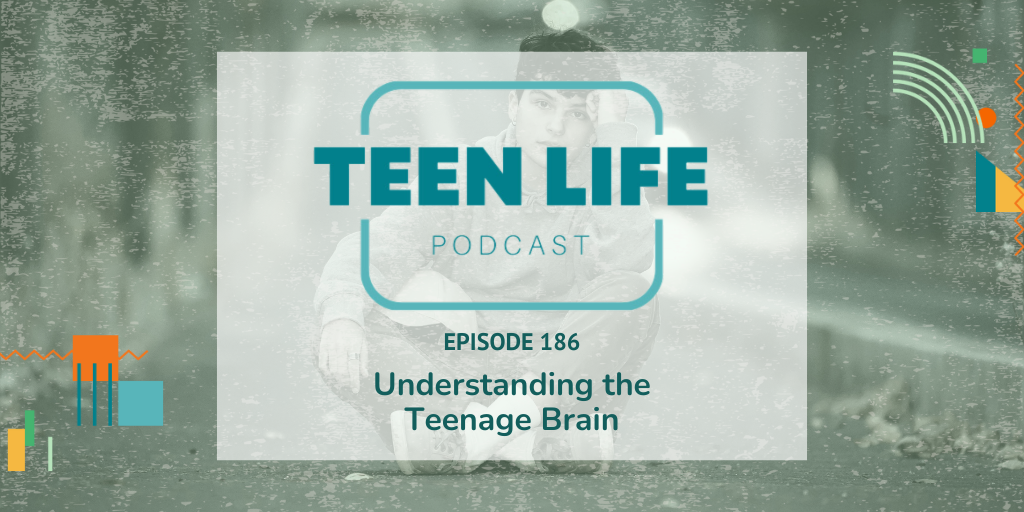
Understanding the Teenage Brain | Ep. 186
Podcast: Play in new window | Download
It’s all part of growing up.
Teens often feel and act in ways that confuse the adults around them.
It can feel like defiance or doom, but those moments are normal features of adolescent brain development! We walk through what’s happening neurologically (prefrontal cortex vs. amygdala, dopamine surges, synaptic pruning, sleep shifts), highlight the advantages of this developmental window (creativity, adaptability, social learning), and leave you with concrete strategies and daily habits to help teens build stronger executive function and healthier routines.
Key Question
How should we adjust our expectations knowing a teen’s brain is still developing?
What We Cover
00:00 Understanding the Teenage Brain
03:05 The Role of Emotions and Decision Making
05:56 Dopamine and Risk-Taking Behavior
08:45 Synaptic Pruning and Brain Development
11:59 Sleep Patterns and Their Impact
15:00 Positive Aspects of Teenage Brain Development
17:59 Practical Tips for Supporting Teens
21:02 Effective Communication Strategies
23:56 Navigating Consequences and Conversations
Perspective Shift
Think of the teen brain like a house being renovated.
The wiring (emotional systems) is on and loud — the lights and fire alarms work — while the blueprint and final finishing (decision-making, impulse control) are still being built.
That means mood swings, impulsive choices, and emotional intensity are often the product of development, not intent.
This view changes expectations and responses — from punishment and panic to patience and practical support.
What’s happening inside a teen’s brain
Prefrontal cortex vs. amygdala
- The prefrontal cortex — the brain’s CEO for planning, impulse control, long-term decision-making — continues developing into the mid-20s.
- The amygdala — the emotional alarm system — is fully active during adolescence.
Translation: Teens often feel first, think second. Strong emotional reactions and fast decisions happen while the “braking system” is still under construction.
Dopamine surges
Teen brains release more dopamine in response to novelty and reward. Experiences feel more intense — both thrills and triumphs. This wiring explains both risky behaviors (fast driving, experimenting, late nights) and powerful motivation for learning, creativity, and social connection.
Reframe: Dopamine isn’t “bad.” It’s an engine that needs healthy tracks: sports, music, service, leadership, and creative projects.
Synaptic pruning & plasticity
Adolescence is a pruning and strengthening phase: frequently used connections grow stronger; unused ones get trimmed.
Like gardening: pull the weeds so flowers can thrive. The environments and habits teens engage with now help shape lifelong neural pathways.
Implication: Be intentional about what fills teens’ time — relationships, routines, and mentors matter.
Sleep shifts
Puberty shifts melatonin production later, making teens natural night owls. When school start times stay early, teens accumulate chronic sleep debt.
Combine that with late-night screens, and memory, mood, and impulse control suffer.
Warning: Sleep-deprived teens take more risks and have less self-control.
Practical ways to strengthen executive function
Planning
Help teens set realistic goals, break tasks into checklists, and use a planner or app for deadlines.
Self-control
Teach “pause” practices: breathing, counting to 10, a short walk, or a designated “cool-down” corner.
Decision-making
Practice “if-then” scenarios and role-play tough choices ahead of time. (“If friends pressure me to… then I will…”)
Focus
Create distraction-free blocks, encourage single-tasking, and try short mindfulness exercises.
Safe risks
Channel dopamine into sports, theater, leadership roles, volunteering, or creative challenges.
The upside (why this season matters)
Creativity & healthy risk-taking: Trying new things helps brain circuits form.
Adaptability & learning: High plasticity means teens can learn new skills quickly and respond to mentorship.
Social wiring: Peer relationships help build empathy, reward processing, and emotional regulation.
Daily Habits that Helps the Brain
- Prioritize sleep: consistent bedtimes, limit late-night screens, and model nighttime routines.
- Limit caffeine: especially in the afternoon/evening — teens metabolize it more slowly.
- Move the body: regular exercise regulates mood and sharpens focus.
- Eat brain fuel: balanced meals with protein and complex carbs help steady attention and emotion.
Practical Communication Tips for Adults
- Pause before reacting. Your calm nervous system helps regulate theirs.
- Name emotions. (“You sound frustrated.”) Simple reflection soothes the amygdala.
- Offer grounding tools. Breathing, a short walk, water, or a sensory reset (stretching, fidget) can stop escalation.
- Delay big talks. If someone’s upset, say: “Let’s revisit this after dinner.” Give time for cooling-off and better thinking.
Low-Pressure Conversation Starters
“What’s one thing today that felt harder than it should have?”
“If your brain had a ‘pause’ button, when would you want to use it most?”
“What helps you calm down when you feel overwhelmed?”
Action Steps for the Week
Pick one “pause” strategy to teach and practice with a teen (breathing, walk, or counting).
Swap one late-night screen habit for a 20-minute pre-bed routine for three nights.
Give a teen one small planning tool (a single checklist) and review it together.
Links & Resources:
- PMC: Maturation of the adolescent brain
- NIHM: The Teen Brain: 7 Things to Know
- Rockwood Go Karts
- Teen Life Podcast: Digital Lives with Sarah Brooks | Real World Coping Skills | Sleep
Read Episode Transcript
Caleb Hatchett:
How should we adjust our expectations knowing a teen’s brain is still developing? Okay, it’s the million-dollar question — how can we begin to understand the brain of a teenager? Karlie did a lot of research on this one and has been talking it up, so I’ll be taking the role of peer reviewer.
Karlie Duke:
I am about to geek out so hard on this episode. I’m so excited.
Caleb Hatchett:
I’ll be seeing if the conclusions you’ve come to line up with the science.
Tobin Hodges:
Scientifically, the brain is the one thing that’s just finished developing, which is wild to think about.
Caleb Hatchett:
It’s true. I’m fresh out of development, so I’ll let you know if your claims are true or not.
Karlie Duke:
Let’s start by saying this — teens’ brains aren’t broken. They’re under construction. As we talk through this, adults who live or work with teens will probably think, “Well, duh, I know that about them.” But what’s fascinating is that there’s actual brain science behind what’s happening. It’s not always just a choice they’re making — there’s a reason for it. It’s the way they were made.
This helps explain mood swings, risk-taking, and those decision-making gaps where you’re thinking, “Why in the world did you do that?” They’re not just crazy, and they’re not just choosing to make poor decisions — there’s a lot happening in the teenage brain.
Caleb Hatchett:
Geek out! Do it!
Karlie Duke:
Okay. First, the prefrontal cortex versus the amygdala. I’m pretty sure I’m saying those words right. The prefrontal cortex — planning, impulse control, decision-making — isn’t fully developed until your mid-20s.
Caleb Hatchett:
Sure.
Karlie Duke:
So for teenagers, it’s definitely not fully developed. They’re not firing on all cylinders yet.
Tobin Hodges:
That’s why young men get charged more for car insurance — their brains aren’t fully developed until around 25.
Caleb Hatchett:
Exactly. I can think of a million examples. Even now, having a newly developed prefrontal cortex, I was with students recently in Ruidoso. We’re sitting outside a church in the mountains, and a student says, “Let’s go hike that mountain right there!” I’m like, “That’s going to take hours.” He’s like, “No, it looks easy. Let’s do it tonight!” I’m like, “We’d get done at 4 a.m.! What are you talking about?” They just want the thing and can’t figure out the logistics.
Karlie Duke:
Exactly. And that’s because the amygdala — your emotional alarm system — is fully developed. So teens are feelers first and thinkers second (maybe third or fourth). When they feel something, they act on it. Their prefrontal cortex hasn’t caught up yet to ask: “Is this safe? Is this a good idea? What do I need to take with me?”
They’ll overreact to stress, which can look like mood swings, and they’ll take risks that seem out of control to adults.
Tobin Hodges:
And then halfway through the hike, they’re like, “Milk was a bad choice.”
Karlie Duke:
Exactly. But there’s a reason behind it.
Then there are dopamine surges — dopamine is the feel-good brain chemical linked to motivation and rewards. Teens release more dopamine when something exciting happens, and it feels stronger than it does for adults. That’s why risk-taking can be so thrilling — and why teens are more likely to get addicted. Their dopamine response is stronger, and they chase that first high.
The positive side, though, is that dopamine is also what drives them to learn, explore, and try new things. That’s amazing — but they need healthy outlets for it.
You can’t just have a teen sit in front of the TV and say, “Deal with your dopamine surges.” We have to help them find healthy risks — sports, music, performing, leadership, anything new or challenging. Those things develop their brain in positive ways.
Tobin Hodges:
Yeah, when I was a teen, I’d see how long I could stay awake. It’s a stupid idea, but it felt like a challenge.
It also affects their relationships. As they mature, they stop snapping so quickly, they start thinking before they speak — their edges start to round. Without understanding all this, you might think preteens or young teens are just mean. But really, their brains haven’t developed enough empathy or self-regulation yet.
Karlie Duke:
That’s a great point.
Caleb Hatchett:
So how can we help students with this? I think one of the biggest ways is not to diminish their ideas. Encourage creativity, but help them plan it out.
If they say, “Let’s hike that mountain,” don’t shut it down. Sit down and help them make a plan — what they’ll need, how long it’ll take, when to go. Walk through it with them instead of doing it for them. That gives them practice thinking through the logistics they might otherwise miss.
Karlie Duke:
That’s good.
Caleb Hatchett:
You’ll end up in some pretty fun situations, too, if you approach it that way.
Karlie Duke:
Here’s another concept: synaptic pruning and plasticity. Think of it like gardening — unused brain connections get trimmed away, and frequently used ones grow stronger. That happens a lot during the teenage years.
That means anything can shape their brains — relationships, routines, school, parenting, environment. So we have to be intentional about what’s forming them — not let algorithms or random influences take over.
Tobin Hodges:
That’s also why trauma can impact teens so intensely. Their brains are still pruning, so traumatic experiences can shape them more deeply.
Karlie Duke:
That’s a really good point.
Let’s talk about sleep. We all know teens have crazy sleep schedules, but around puberty, their bodies start producing melatonin one to two hours later than kids or adults. So naturally, teens aren’t tired until later — it’s not rebellion; it’s biology.
Caleb Hatchett:
Justification! Mom and Dad, if you’re listening — I wasn’t being defiant!
Karlie Duke:
Exactly. But it has big consequences. Teens stay up later because their brains tell them to, but they often have to wake up earlier for school or activities. That increases risk-taking and decreases self-control — two things you definitely don’t want happening in sleep-deprived teens.
Caleb Hatchett:
And teenagers actually need more sleep than adults, right? So we’re forcing them to get up early at a time when they need even more rest.
Karlie Duke:
Exactly. Their brains are developing almost as rapidly as babies’ do — and think about how much babies sleep. Teens need more, not less.
The good news? All this brain development also makes them creative, adaptable, and resilient. They learn quickly and crave social connection. When you’re a teen, it’s easy to make friends and try new things — that openness is part of their brain wiring.
Karlie Duke:
So how can we help?
Help them plan — set goals, make checklists together. Don’t make the list for them, but guide them through it.
Teach them self-control — give them time to pause and process. Encourage boredom and reflection.
And help them take safe risks. If your teen is naturally a thrill-seeker, find outlets that match it. Sports, theater, volunteering, gymnastics, rock climbing, even go-kart racing — those can all be healthy dopamine outlets.
Caleb Hatchett:
Go ding-dong ditching together — just for fun!
Karlie Duke:
Not the same with Ring cameras anymore!
Karlie Duke:
Okay, some practical tips for adults:
Help teens prioritize sleep. Limit screens at night — blue light keeps them awake.
Take TVs and phones out of bedrooms.
Be mindful of caffeine — teens metabolize it slower than adults, and it can increase anxiety.
Encourage exercise and movement — even walks together.
And don’t forget nutrition. Stable blood sugar helps regulate mood and focus — no one wins when a teen is hangry.
Tobin Hodges:
When you’re talking with teens, pause and breathe. Don’t react the way you want to. Model calm behavior — they don’t yet know how to regulate.
Name your emotions and theirs: “You sound frustrated — what’s going on?” rather than “What’s wrong with you?” That helps them identify feelings without getting defensive.
Offer grounding tools — walking, deep breathing, drinking water — anything that helps move their brain out of fight-or-flight mode and back into a calm state.
And delay big talks or consequences until emotions have cooled. You can still follow through, but it’ll be more effective once everyone’s calm.
Karlie Duke:
Yes, that’s so true. When emotions are high, that’s not the time to lecture. Sometimes I have to come back later and say, “I was out of line,” and then have the real conversation once everyone’s calm.
Tobin Hodges:
Exactly.
Caleb Hatchett:
If you’re wondering how to start these kinds of conversations, here are some questions:
What’s one thing today that felt harder than it should have?
If your brain had a pause button, when would you use it?
What helps you calm down when you feel overwhelmed?

Karlie Duke
Communications Director

Tobin Hodges
Program Director

Caleb Hatchett
Podcast Host
Karlie Duke | Director of Communications
Karlie has always had a heart for teenagers. Through her role at Teen Life, she loves to showcase the amazing stories coming out of Support Groups, but she is especially passionate about helping adults and teenagers find connection. Karlie has a BS in Communications with a minor in Family Studies from Abilene Christian University.
Caleb Hatchett | Podcast Co-Host
Caleb loves helping teenagers take ownership of their faith and relationships. He graduated from Abilene Christian University with a degree in Youth and Family Ministry and is currently Student Ministry Director at Jenks Church in Oklahoma.
Tobin Hodges | Program Director
Tobin’s entire career has been centered around students and teens from all walks of life. He has a passion for helping teens be their best selves. As Program Director, he loves working directly with school staff and students through Teen Life Support Groups. Tobin has a Bachelor’s Degree in Music from Texas Tech University.









